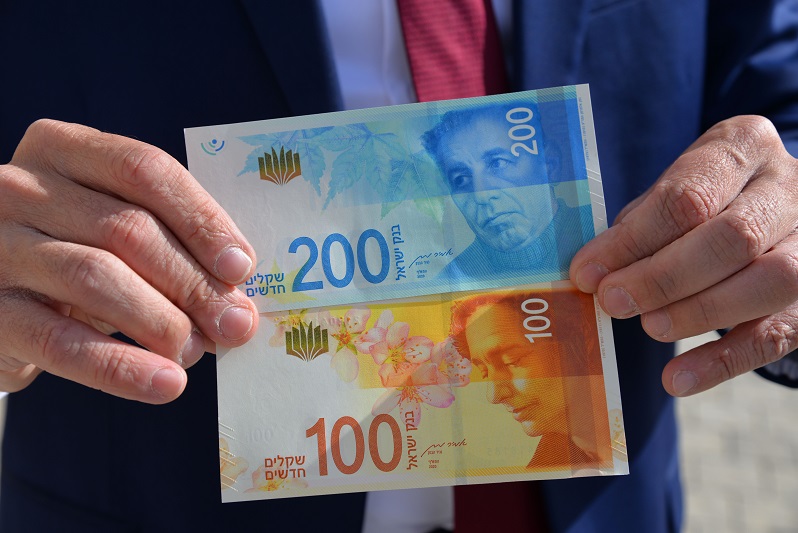In response to the ongoing conflict with Hamas and the subsequent economic challenges, the Bank of Israel has held its benchmark short-term borrowing rate steady at 4.75%. This decision marks the third time the rate has been maintained at this level, following a tightening cycle that saw ten consecutive rate hikes from a low of 0.1% last April.
The Bank’s decision comes as the nation grapples with inflation risks and a weakened economy. Despite a slight reduction from 4.1% in August to 3.8% in September, inflation continues to exceed the annual target range of 1-3%. The bank’s policymakers have warned that significant rate cuts could further depreciate the shekel, which is currently at an eight-and-a-half-year low against the dollar, and potentially exacerbate inflation.
To mitigate these risks, the Bank of Israel has initiated a foreign exchange program, planning to sell up to $30 billion in foreign exchange and conduct swap transactions up to $15 billion. This measure is part of an effort to stabilize the economy and reduce market uncertainty amidst the geopolitical tension.
Taking into account the significant economic impact of the war, the bank has revised its GDP growth forecast for 2023 down to 2.3%, with an expected increase to 2.8% in 2024. Despite these challenges, it maintains that financial markets continue to function effectively.
This article was generated with the support of AI and reviewed by an editor. For more information see our T&C.
Read the full article here
